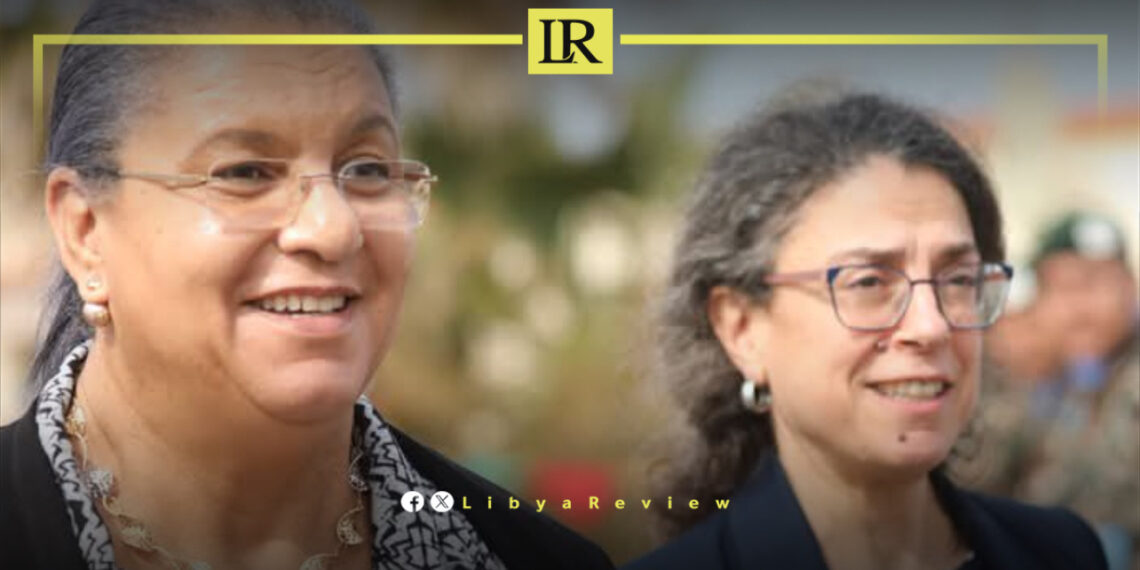Hanna Tetteh, the United Nations Special Representative for Libya, has made it clear that Libya’s future must be led and owned by its people. Upon arriving in Libya to officially begin her mission, she stressed the importance of a Libyan-driven political process.
She pledged to continue the work of her predecessors and the UN Support Mission in Libya (UNSMIL). She emphasized that the UN’s role is to facilitate, not dictate. A lasting solution, she said, must come from Libyans themselves.
Tetteh vowed to work with all Libyans to find common ground. She believes no progress can be made without the active participation of all political, social, and economic groups. A national consensus is essential for stability.
She also highlighted the need for regional and international support. She will engage with key actors to help protect Libya’s unity, sovereignty, and territorial integrity. She stressed that international efforts should empower Libyans, not interfere in their decisions.
Elections remain a priority. Tetteh reaffirmed the UN’s commitment to helping Libya hold inclusive national elections. She said strong institutions are necessary to overcome long-standing divisions and challenges.
She promised to work tirelessly for peace and stability. Libya, she said, has suffered too long from conflict and political deadlock. The UN mission will continue supporting Libya on its path to stability, democracy, and prosperity.
Libya has been in turmoil since the 2011 uprising that ended Muammar Gaddafi’s rule. The country has since been divided between rival governments in the east and west. Armed groups, foreign influence, and economic struggles have deepened the crisis.
Several international efforts have aimed to unite the country. The Libyan Political Agreement (2015) created a unity government, but divisions persisted. The 2020 ceasefire brought hope, but elections scheduled for 2021 never took place due to disagreements over-rules and candidates.


